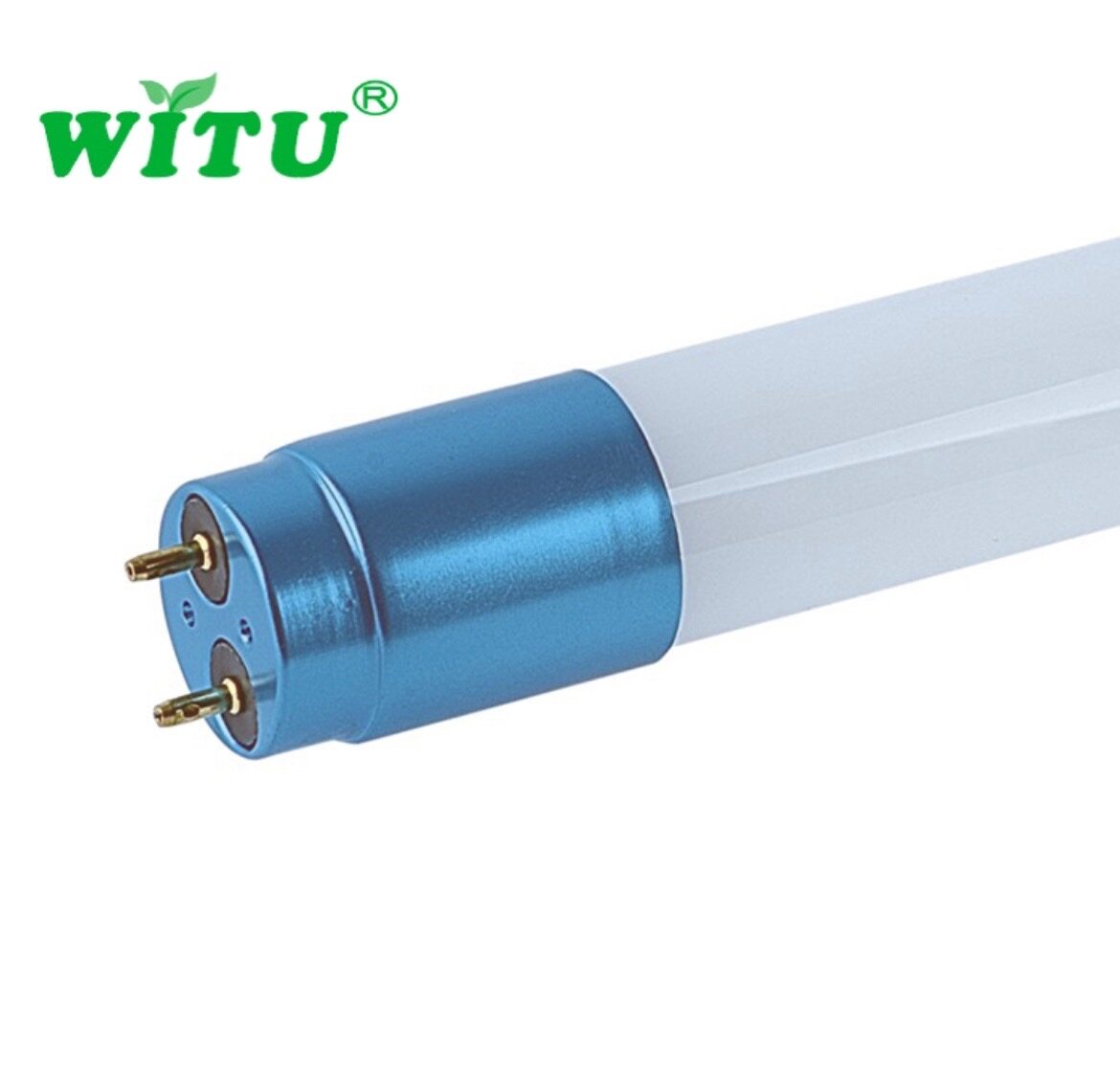Email format error
Email cannot be empty
Email already exists
6-20 characters(letters plus numbers only)
The password is inconsistent
Email format error
Email cannot be empty
Email does not exist
6-20 characters(letters plus numbers only)
The password is inconsistent


In today's fast-paced economy, businesses and consumers alike are constantly on the lookout for the best deals and high-quality products. One of the crucial elements in various industries—from manufacturing to construction—is the cost and quality of tubes. These seemingly simple items play a significant role in numerous applications, making the understanding of tube wholesale prices essential for both buyers and sellers.
Before diving into the intricacies of tube wholesale prices, it's helpful to understand what tubes are and their wide array of uses. Tubes are hollow cylinders made from various materials such as metal, plastic, and rubber. Their applications range from plumbing and automotive components to aerospace and medical devices. The diversity of materials and purposes means that the market for tubes is both vast and varied.
Metal Tubes: Often used in structural applications, metal tubes are found in construction, automotive, and aerospace industries. They provide strength and durability and are essential for building frameworks and machinery.
Plastic Tubes: These are versatile and lightweight, making them ideal for plumbing, electrical wiring, and even consumer products. Plastic tubes are known for their resistance to corrosion and ease of handling.
Rubber Tubes: Commonly used in automotive and industrial applications, rubber tubes offer flexibility and resilience. They are often found in hoses for fluid transfer and as seals in machinery.
Each type of tube serves a specific purpose and is chosen based on its properties such as strength, flexibility, and resistance to various elements.
Now that we have a grasp of the different types of tubes and their uses, let's delve into the concept of tube wholesale prices. Wholesale pricing refers to the cost at which products are sold in bulk to retailers or other businesses, rather than to individual consumers. This pricing model is crucial for businesses that require large quantities of tubes for their operations.
Material Costs: The price of raw materials significantly impacts tube wholesale prices. For instance, metal tubes may be more expensive due to the cost of metals like steel or aluminum. Conversely, plastic tubes may have lower material costs but could still be affected by fluctuations in the price of oil, which is used in plastic production.
Manufacturing Processes: The complexity of the manufacturing process can also affect wholesale prices. Tubes that require specialized techniques or high precision may be more expensive to produce. For example, aerospace-grade metal tubes require rigorous quality control and advanced manufacturing techniques, resulting in higher prices.
Quantity Purchased: Wholesale prices are typically lower when buying in bulk. Suppliers often offer discounts for large orders, making it cost-effective for businesses to purchase tubes in larger quantities. This bulk buying can significantly reduce the per-unit cost.
Supply and Demand: Market dynamics play a crucial role in determining tube wholesale prices. When demand is high or supply is limited, prices tend to rise. Conversely, if there is an oversupply or reduced demand, prices may decrease.
Supplier Relationships: Establishing strong relationships with suppliers can also influence wholesale prices. Long-term partnerships and regular orders might lead to better pricing and favorable terms.

For businesses and consumers looking to purchase tubes, understanding the wholesale market and leveraging knowledge about tube wholesale prices can lead to better deals and cost savings. Here are some tips for navigating the tube wholesale market effectively:
Before making a purchase, it's essential to research and compare prices from different suppliers. Online platforms and industry directories can provide valuable insights into current market rates and available suppliers. By comparing prices, you can ensure you’re getting a competitive deal.
While price is important, it should not be the only factor in your decision-making process. The quality and specifications of the tubes are equally crucial. Ensure that the tubes meet the required standards and are suitable for your specific application. Low-quality tubes might be cheaper initially but could lead to higher costs in the long run due to maintenance or replacements.
Building strong relationships with suppliers can be advantageous in securing better prices and terms. Suppliers who value long-term partnerships may offer discounts, flexible payment options, or priority service. Communicating your needs and maintaining a good rapport can lead to mutually beneficial agreements.
The tube wholesale market can be influenced by various factors, including economic conditions, technological advancements, and changes in regulations. Staying informed about market trends and industry news can help you anticipate price fluctuations and make informed purchasing decisions.
As industries continue to evolve and technology advances, the tube wholesale market is likely to experience changes. Innovations in materials and manufacturing processes may lead to new types of tubes and potentially alter pricing structures. Additionally, global economic factors and supply chain dynamics will continue to influence tube wholesale prices.
In the future, businesses might see more emphasis on sustainability and eco-friendly materials, which could impact both the cost and demand for certain types of tubes. Companies that adapt to these changes and stay ahead of market trends will be better positioned to navigate the evolving landscape of tube wholesale prices.
Tube wholesale prices are a crucial aspect of various industries, impacting both operational costs and product quality. Understanding the factors that influence these prices and staying informed about market trends can help businesses and consumers make better purchasing decisions. By researching suppliers, comparing prices, and considering quality and specifications, you can ensure that you’re getting the best value for your investment in tubes.
Whether you're in the construction industry, manufacturing, or any other field that relies on tubes, having a solid grasp of wholesale pricing can lead to significant cost savings and operational efficiency. As the market continues to evolve, staying informed and adaptable will be key to navigating the world of tube wholesale prices successfully.